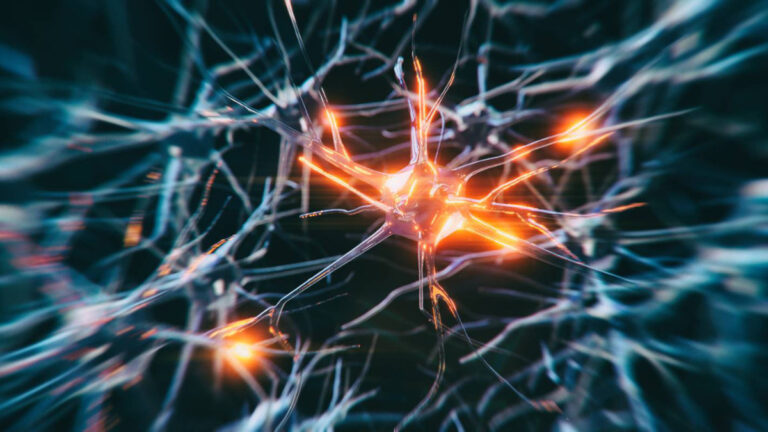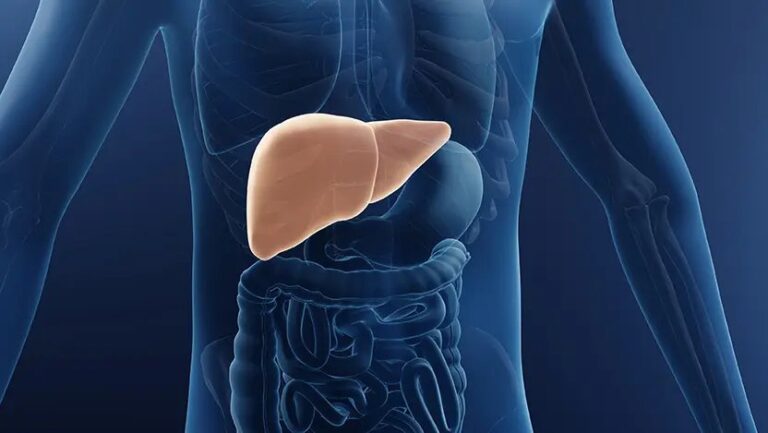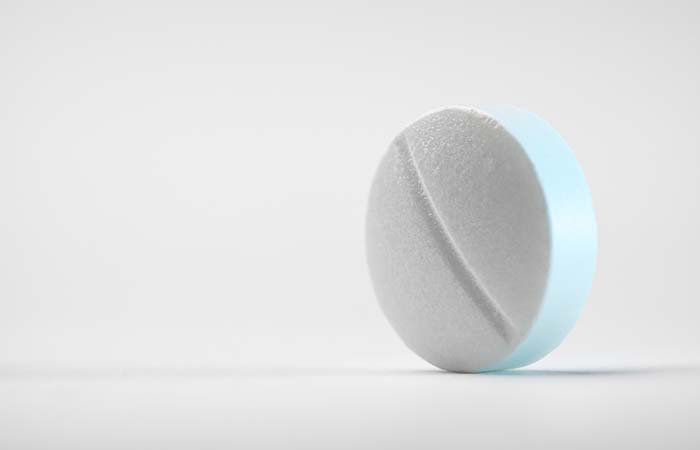Can Modafinil Help with Brain Fog?
Brain fog can feel like mental quicksand. Everyday tasks become difficult, focus slips away, and it may feel impossible to think clearly. People can experience this after chronic illness, stress, depression, or viral infections such as long COVID. Because of these challenges, many people look for treatments to restore mental clarity. One option that is often discussed is modafinil, a prescription medication approved for sleep disorders but also studied in other conditions.
Understanding Brain Fog
What is Brain Fog?
Brain fog is a term used to describe problems with memory, focus, and decision-making. People often report feeling mentally “slowed down,” forgetting details, or struggling to process new information. These symptoms may appear in depression, chronic fatigue syndrome, autoimmune conditions, and post-viral syndromes.
Causes of Brain Fog
Brain fog may be linked to several factors:
- Neurological changes in areas of the brain such as the hippocampus and prefrontal cortex.
- Neurotransmitter imbalance involving dopamine, serotonin, and glutamate.
- Chronic inflammation in the nervous system, which may impair energy production in brain cells.
- Lifestyle factors including poor sleep, stress, or medication effects.
What is Modafinil?
Modafinil is a central nervous system stimulant with wakefulness-promoting effects. The FDA has approved it for excessive sleepiness caused by narcolepsy, obstructive sleep apnea, and shift work disorder (U.S. Food and Drug Administration, 2015). It is not FDA-approved for brain fog, long COVID, or depression.
How Modafinil Works
Researchers believe modafinil affects multiple brain systems:
- Inhibits dopamine reuptake, raising dopamine levels.
- Increases norepinephrine and serotonin activity in the prefrontal cortex.
- Enhances glutamate signaling while reducing gamma-aminobutyric acid (GABA).
- Activates orexin and histamine pathways that promote wakefulness (Greenblatt & Adams, 2023).
- Shows potential anti-inflammatory and mitochondrial-protective effects in experimental studies (Pliszka, 2022).
Evidence on Modafinil and Brain Fog
Clinical Findings
- In a study of patients with HIV, modafinil reduced fatigue and improved energy compared with placebo (Rabkin et al., as cited in Pliszka, 2022).
- Patients recovering from stroke who used modafinil reported less fatigue and improved quality of life (Bivard et al., as cited in Pliszka, 2022).
- In long COVID, evidence is still emerging. Reviews suggest that because modafinil targets inflammation and energy metabolism, it may help with fatigue and cognitive problems, but controlled trials are lacking (Pliszka, 2022).
- A trial in patients with postural tachycardia syndrome (POTS) showed that modafinil did not worsen heart rate but did not significantly improve brain fog symptoms within four hours (Kpaeyeh et al., 2014).
Key Point
While research suggests possible benefits, findings are mixed. More large, long-term studies are needed to confirm whether modafinil reliably improves brain fog.
Safety and Side Effects
According to FDA labeling, the most common side effects of modafinil are headache, nausea, nervousness, anxiety, dizziness, insomnia, diarrhea, and back pain (U.S. Food and Drug Administration, 2015). Serious but rare risks include:
- Severe rash, including Stevens-Johnson Syndrome.
- Psychiatric symptoms such as hallucinations, mania, or suicidal thoughts.
- Cardiovascular issues in patients with heart conditions.
Drug interactions include reduced effectiveness of hormonal contraceptives, changes in blood levels of cyclosporine, and altered metabolism of some antidepressants and anti-seizure medications (U.S. Food and Drug Administration, 2015).
Because of these risks, modafinil should only be used under the guidance of a healthcare provider.
Who Might Benefit?
Some people who may benefit from medical evaluation for possible modafinil treatment include those with:
- Long COVID-related fatigue and attention problems.
- Depression with significant cognitive symptoms.
- Chronic fatigue linked to neurological conditions such as multiple sclerosis.
However, individual responses vary, and it should never replace broader treatment strategies such as therapy, rehabilitation, and lifestyle adjustments.
Alternatives and Complementary Approaches
Lifestyle Approaches
- Regular exercise.
- Consistent sleep routine.
- Structured use of calendars and reminders.
- Stress-reducing techniques such as mindfulness.
Therapeutic Approaches
- Cognitive behavioral therapy (CBT) to manage negative thinking and coping skills.
- Cognitive remediation programs designed to improve attention and memory.
Conclusion
Modafinil is a prescription-only medication that may improve wakefulness and attention. While it has shown promise for fatigue and brain fog in certain conditions, its use outside approved indications remains experimental. The evidence suggests possible benefit for people with long COVID or depression-related cognitive issues, but results are mixed. Risks and side effects mean it should only be used under medical supervision. For most people, combining lifestyle strategies with medical guidance is the safest and most effective approach.
Frequently Asked Questions
Can I take modafinil at night?
No. Modafinil promotes wakefulness and is usually taken in the morning. Taking it at night can cause insomnia (U.S. Food and Drug Administration, 2015).
Is modafinil approved for brain fog or long COVID?
No. The FDA has not approved modafinil for brain fog, long COVID, or depression. These uses are considered off-label (Greenblatt & Adams, 2023).
Does modafinil cure brain fog?
No. Modafinil may help with symptoms like fatigue and attention problems, but it does not cure the underlying causes of brain fog.
Is modafinil safe for everyone?
No. People with heart disease, liver problems, or psychiatric conditions may need close monitoring or alternative treatments (U.S. Food and Drug Administration, 2015).
References
- U.S. Food and Drug Administration. (2015). PROVIGIL® (modafinil) tablets, for oral use, C-IV [Prescribing information]. U.S. Department of Health and Human Services. https://www.accessdata.fda.gov/drugsatfda_docs/label/2015/020717s037s038lbl.pdf
- Greenblatt, K., & Adams, N. (2023, February 6). Modafinil. In StatPearls [Internet]. StatPearls Publishing. https://www.ncbi.nlm.nih.gov/books/NBK531476/
- Kpaeyeh, J. Jr., Mar, P. L., Raj, V., Black, B. K., Arnold, A. C., Biaggioni, I., Shibao, C. A., Paranjape, S. Y., Dupont, W. D., Robertson, D., & Raj, S. R. (2014). Hemodynamic profiles and tolerability of modafinil in the treatment of postural tachycardia syndrome: A randomized, placebo-controlled trial. Journal of Clinical Psychopharmacology, 34(6), 738–741. https://doi.org/10.1097/JCP.0000000000000221
- Pliszka, A. G. (2022). Modafinil: A review and its potential use in the treatment of long COVID fatigue and neurocognitive deficits. American Journal of Psychiatry Residents’ Journal, 17(4), 5–7. https://doi.org/10.1176/appi.ajp-rj.2022.170402








